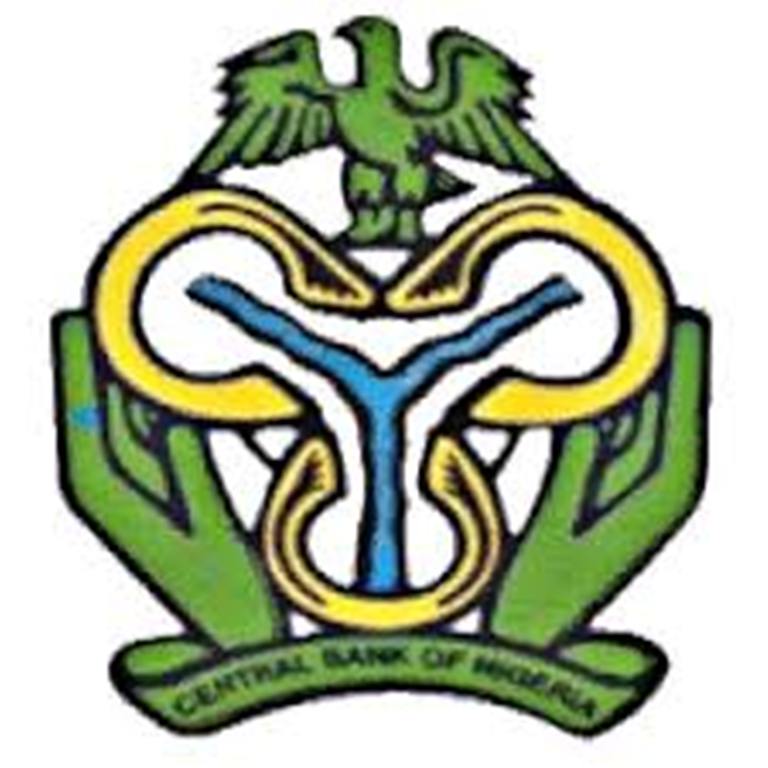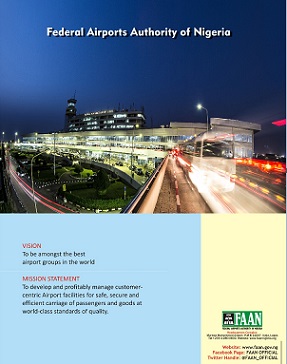
…Urges Nigerians to prioritize their import needs, focus more on local inputs
As COVID-19 crisis impacts negatively on the global health and economy, the Central Bank of Nigeria (CBN) and banking industry in Nigeria at the Bankers Committee Conference meeting held today, resolved to collaborate at this critical moment – with one coherent strategy to provide confidence, financial stability and support for the economy without giving much attention to profit.
The bankers Committee Conference meeting which comprises mainly of the Chief Executive Officers of Nigerian banks, after dealing mainly with the impact of COVID-19 on the banking system in particular and the economy in general, resolved that Nigerians and companies should begin to prioritize their import needs and focus more on sourcing raw materials and inputs locally.
The meeting affirmed that this is important since the global supply chains have been disrupted by the COVID-19 crisis, thereby forcing many countries to ban or planning to ban exports.
It added that the industry will put its experience during past global financial crisis and oil price slumps in 2016, to position the industry and deal better with the present crisis.
The communique stated that engagements will be held with correspondent banks, trade creditors, trading partners regarding existing Letter of Credit ( LC) and trade commitments.
It added that the industry is committed to resolve these commitments in a comprehensive and orderly way. It assured that there would be transparency and open communication with all counterparties.
“Given that this crisis is first and foremost a public health crisis, we are paying attention to our health industry. Global supply chains have been disrupted including dominant drug supply channels from China and India.
“In fact many countries have or are planning to ban export of drugs and medical supplies from their countries. Clearly, we have no choice but to produce these items locally.
“Thus the committee has identified a few key local pharmaceutical companies who shall be granted Naira and foreign exchange funding facilities to support procurement of raw materials and equipment required to exponentially increase local drug production in Nigeria,” the communique stated.
The bankers committee which noted the successes of the CBN’s 43 items policy, encouraged the CBN to strengthen it and other measures targeted at export promotion and/or import substitution to position Nigeria as a key global producer and build a self-sufficient economy.
The committee further discussed the financial system’s implementation and operationalisation of the policy measures earlier announced by the CBN including:
Additional moratorium of one year on CBN intervention facilities.
Interest rate reduction on intervention facilities from 9 percent to 5 percent
Creation of N50billion targeted credit facility for affected households and Small Medium Enterprises (SMEs).
Granting regulatory forbearance to restructure terms of facilities in affected sectors, strengthening the Lending Rate (LDR) policy, which is encouraging significant extra lending from banks.
Improving Foreign exchange supply to CBN by directing all oil companies, international and domestic and all related companies (oil services) to sell foreign exchange to CBN and no longer Nigeria National Petroleun Corporation (NNPC).
Activation of the N1.5trillion infraco project for building critical infrastructure.
Additional N100billion intervention in health care loans to pharmaceutical companies, healthcare practitioners intending to expand/ build capacity ;
N1trillion in loans to boost local manufacturing and production across the critical sectors;
The combination of these measures amounts to over N3.5 trillion in stimulus to Nigerian economy to ameliorate the pains arising from the COVID-19 health and economic crisis.
The pharmaceutical companies identified by the committee, include but not limited to Emzor, Fidson, GSK, May and Baker, Unique Pharma, swiss pharma, Neimeth, Sagar, Orange Drugs, Dana Pharma, etc








